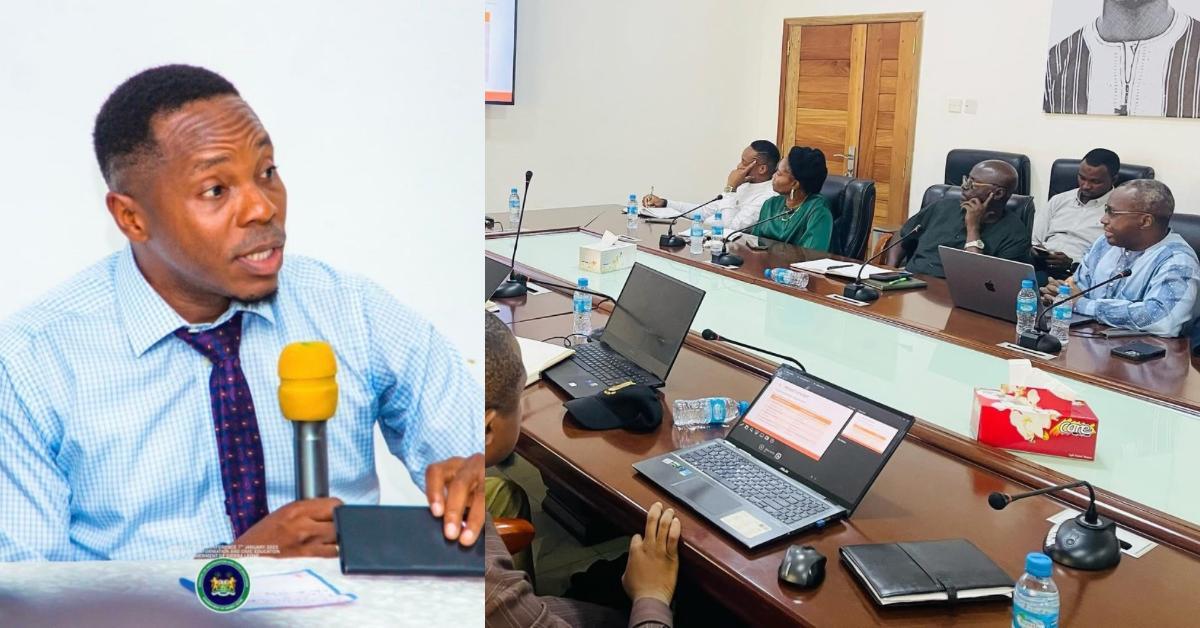Africa-Press – Sierra-Leone. The Chief Minister of Sierra Leone, Dr. David Moinina Sengeh, during a meeting held with senior leadership from the Ministry of Lands, Housing and Country Planning and the National Lands Commission, emphasized the significant advancements in the land sector under President Julius Maada Bio’s administration.
During the discussions on the Sierra Leone Land Administration Project (SLLAP), the Chief Minister underscored the government’s commitment to dismantling outdated colonial laws and instituting new regulations that promote equity, inclusivity, and sustainable development.
Prior to its enactment of the Sierra Leone Customary Land Rights Act in 2022, Sengeh noted that women faced major barriers, as a single woman could not own land without the permission of a male guardian, affirming that the discriminatory system not only prevented women from owning land but also hindered their society’s overall progress. Today, he said inclusivity in land ownership is central to their vision of a just society.
In addition to the Customary Land Rights Act, the Chief Minister highlighted the introduction of the National Land Commission Act, which includes the digitization of the National Land Registry and the formation of Town and Village Land Committees, admitting that those initiatives aimed to streamline legal processes, lessen community tensions, and promote economic stability.
According to the Chief Minister, the Ministry of Lands has advanced its services through digital transformation, anticipating the launch of a land management information system along with grievance resolution systems for citizens.
“The sector is heavily investing in technology, regulation and infrastructure to ensure that the challenges experienced in Sierra Leone for past 100 years will be a thing of the past for our children,” He remarked.
He also mentioned that significant reforms related to housing policy, updated building codes, title registration, adjudication, and land title acts are on the way.
He maintained that Those reforms may not be immediately observable, but their impact would resonate through their development agenda, leading to a more equitable society, where every citizen, regardless of gender, age, ethnicity, religion, marital status, or social status, can thrive.
For More News And Analysis About Sierra-Leone Follow Africa-Press






